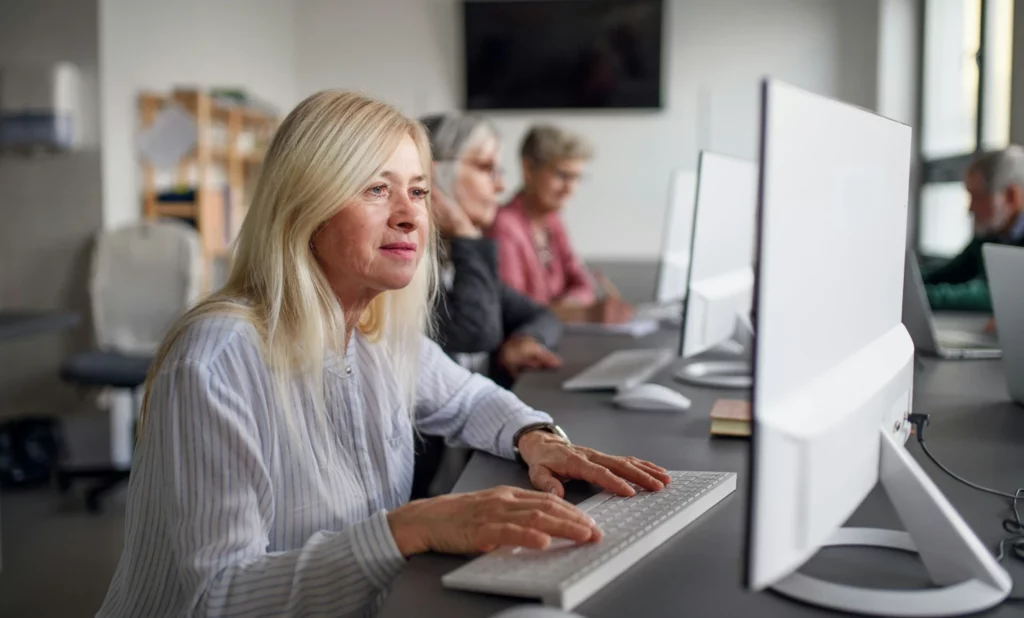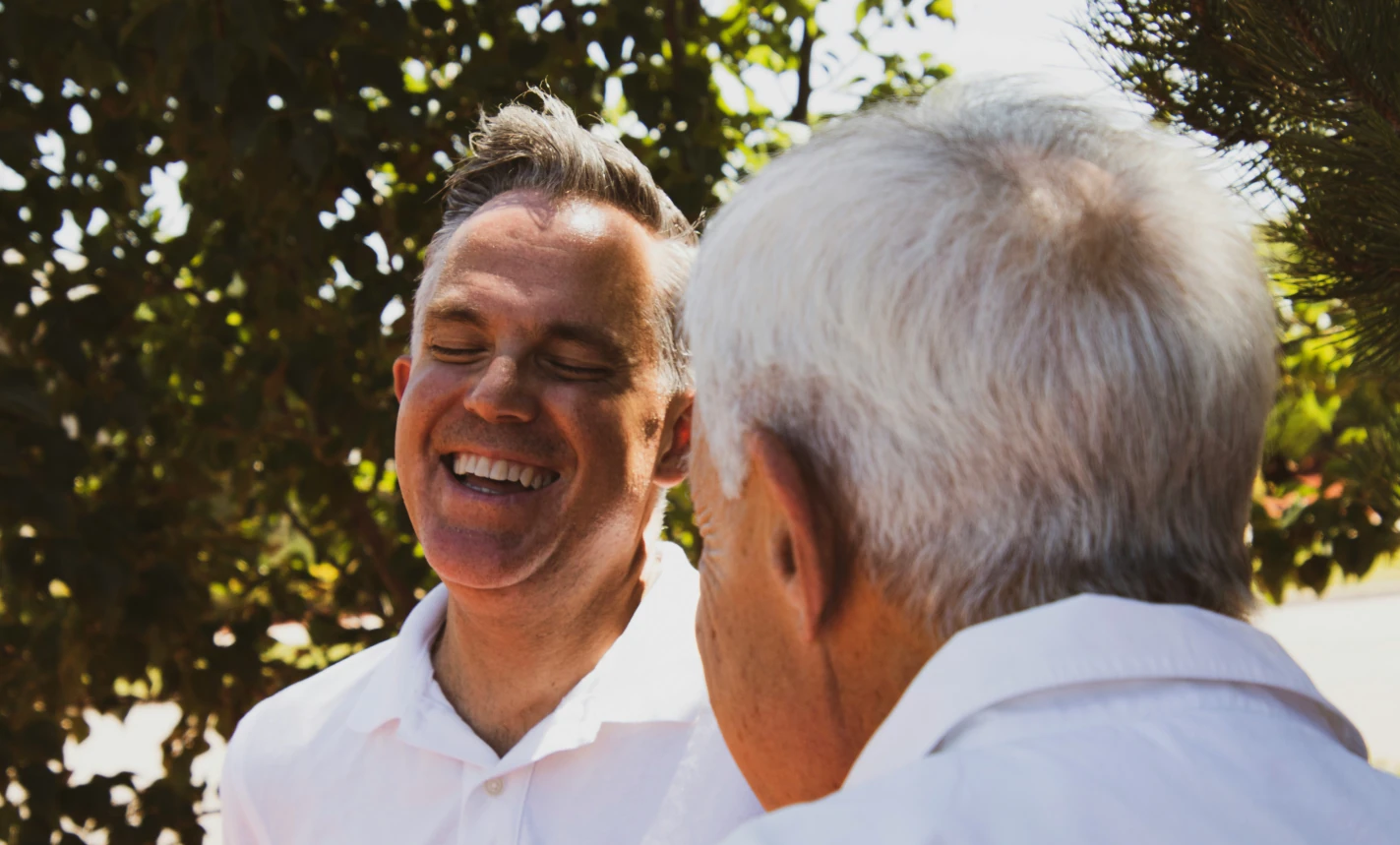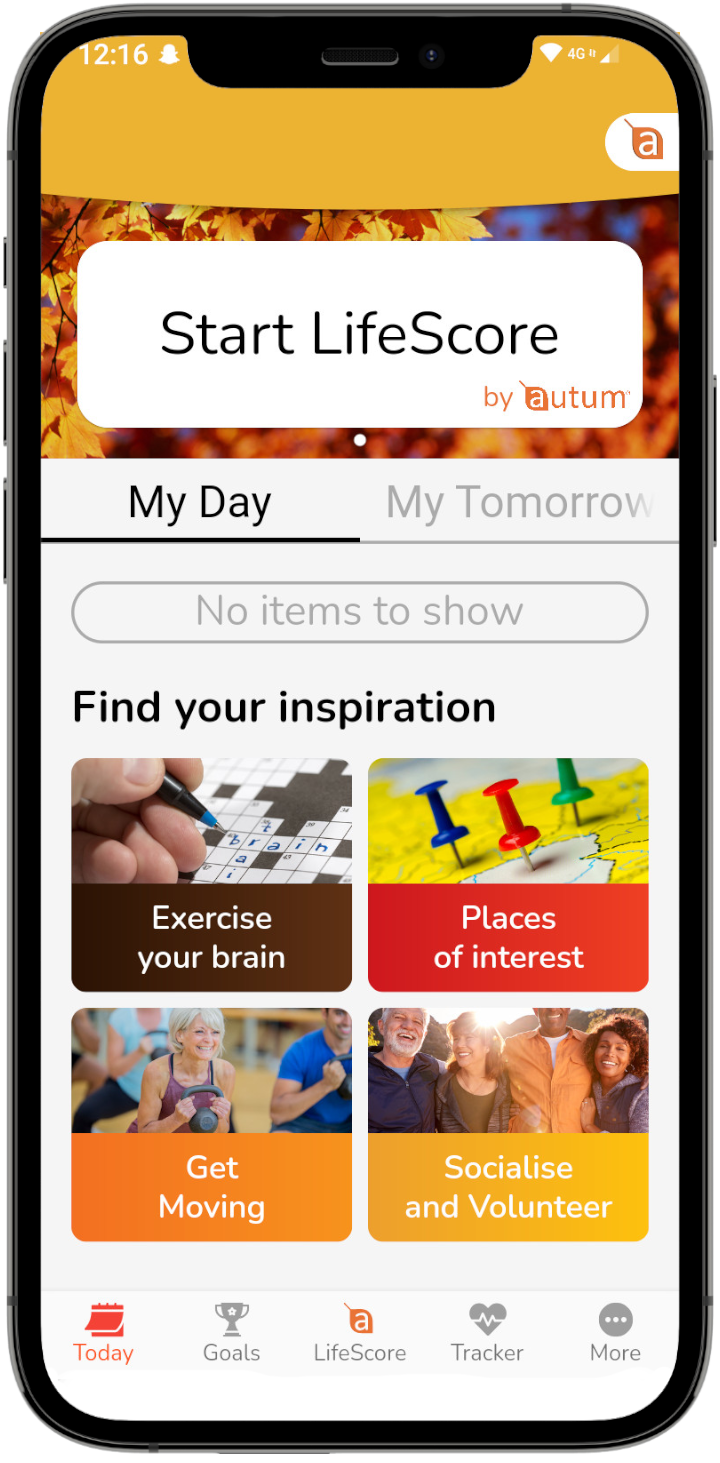Biological age refers to how old your body truly is based on factors such as genetics, lifestyle and overall health, rather than just the number of years you’ve been alive. Unlike chronological age, which simply measures the passage of time, biological age offers insights into your body’s condition and vitality.
Biological age vs chronological age – why is it important?
Reducing biological age has become important for many of us as we seek to improve our overall health and wellbeing as we approach or enjoy our retirement. By taking steps to lower your biological age, you can reduce or at least slow the onset of age-related conditions, enhance vitality and increase life expectancy.
The measurement of how old you are biologically depends on a number of factors: genetics, lifestyle, environment, even your mental well-being. Genetic traits play an important role in determining biological age. Research has identified multiple genes that influence longevity and resilience against age-related diseases. While we have no control over our genetic make-up, there are several key ways we can change how we live day-to-day to ensure that we live longer and healthier tomorrow.

Lifestyle changes that lower biological age
Dietary changes: Adopting a nutrient-rich diet full of fruits, vegetables, lean proteins and healthy fats can provide essential vitamins and minerals necessary for cellular function and overall wellbeing.
Exercise as part of your daily routine: Regular physical activity, including cardiovascular exercises, strength training and flexibility exercises, helps improve cardiovascular health, and retains muscle mass and metabolic function.
Stress management techniques: Chronic stress accelerates ageing by causing inflammation and oxidative damage to cells. Incorporating stress-reducing practices such as meditation, deep breathing exercises, and mindfulness can help mitigate its adverse effects on biological age.
The role of supplements and nutrients
Certain supplements and nutrients, such as omega-3 fatty acids, vitamin D and antioxidants, possess anti-ageing properties and can support cellular repair and regeneration. Indeed, in older adults research suggests substantial benefits of omega-3 in reducing the risk of cognitive decline as well as maintaining bone health and muscle performance. However, it’s essential you maintain a balanced diet and never rely solely on supplements for nutrition. Do some research and talk to your doctor to find a happy balance.

Quality sleep for biological age reduction
Adequate sleep is crucial for cellular repair, cognitive function and hormone regulation. Prioritise quality sleep by establishing a consistent sleep schedule, creating a conducive sleep environment, and practising relaxation techniques before bedtime.
Take our Sleep Chamber test to see how your bedtime routine rates.
Impact of social connections and relationships
Strong social connections and meaningful relationships contribute to emotional wellbeing and reduce stress levels, ultimately contributing to a lower biological age. Foster supportive relationships with friends, family and community members to enhance overall health and longevity.
Avoiding harmful habits
We all know that certain lifestyle habits, such as smoking, excessive alcohol consumption and poor dietary choices, accelerate ageing processes and increase the risk of age-related diseases. Quitting smoking, moderating alcohol intake and adopting a balanced diet are essential steps in reducing biological age. We also know that taking that first step towards a more active healthier you can be a bit of a struggle. The autum App is here to help you. Every day we’ll send you activities, brain games and event recommendations to keep you on track with your identified goals and preferences.

Maintaining mental and cognitive health
Cognitive decline is an accepted consequence of ageing, but engaging in regular low-intensity exercise, such as walking, mentally stimulating activities, such as puzzles, reading and learning new skills, can help preserve cognitive function and keep you feeling chipper for longer.
The importance of regular health check-ups
Routine health check-ups allow for early detection and management of age-related conditions, ensuring timely intervention and optimal health outcomes. Schedule regular appointments with healthcare providers for screenings, vaccinations and preventive care.
Personalised approaches to reducing biological age
Recognise that there is no one-size-fits-all approach to reducing biological age. Personalised strategies tailored to individual health goals, genetic predispositions and lifestyle preferences are key to achieving sustainable results.
Tracking progress and adjustments
Monitor biological age through comprehensive health assessments, biomarker testing, and wearable fitness trackers. Regularly evaluate progress and make necessary adjustments to lifestyle habits and interventions to optimise outcomes.
Embracing a more active lifestyle with autum
Reducing biological age is achievable through a holistic approach encompassing dietary improvements, regular exercise, stress management, social connections, and appropriate medical interventions. By embracing a youthful lifestyle and prioritising health and well-being, men can enhance vitality, longevity, and overall quality of life.
To help us make Britain one million biological years younger take our autum Lifescore calculator to determine your biological age and use our autum App on Android or IOS to help improve your biological age today!

A passionate entrepreneur who has spent years calculating life risks and has set up two successful innovative businesses. He believes with the right motivation and support we can extend healthy life. This is now his calling and has found a great team to make it happen.


